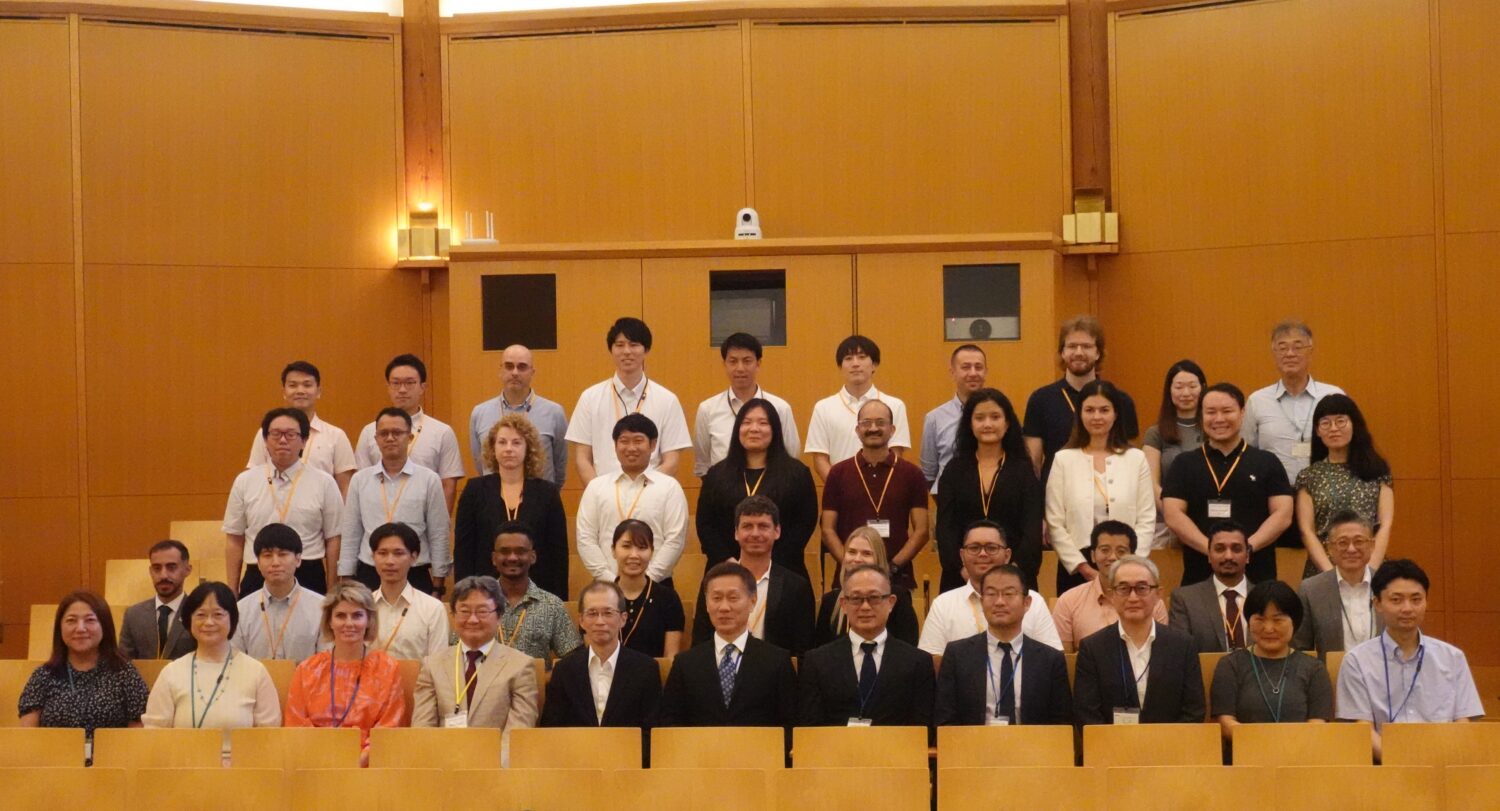On April 2, Japan’s Keidanren (Japan Business Federation: a comprehensive economic organization with a membership comprised of 1,309 representative companies of Japan) released the results of an urgent investigation on energy issues, undertaken by questionnaires sent to major companies in the country.
The questionnaires were sent to a total of 169 companies in January and February 2015, with replies received from 88 (55 manufacturers and 33 non-manufacturers), slightly more than half.
More than 80% of the respondents, when asked how they would be affected if electricity rates continue to rise, predicted their profit would fall or that the burden of energy-conservation measures would increase greatly.
To minimize the adverse effects of the burgeoning electricity bill on their businesses, the respondents said that the government should take such immediate actions as supporting the introduction of energy-saving equipment and products, as well as enabling the early restart of those nuclear power plants (NPPs) whose safety is confirmed.
Meanwhile, manufacturers, when asked how their business would be affected over the medium-range and long-range future if electricity rates were kept unbearably, 56.4% said that they would be forced to reduce domestic operations, while 42.6% said that they would expand their capital investments overseas. Increased power rates thus seem to be spurring the transfer of manufacturing activities overseas.
After the giant earthquake of March 2011 and the accident at the Fukushima Daiichi Nuclear Power Station, all NPPs in Japan were shut down. As they had to rely on their thermal power stations, all the country’s power companies were consequently forced to raise power rates as a result of increased fuel costs.
Even after the initial rate increase, Hokkaido Electric Power Co. hiked its rates again in November 2014. One month later, Kansai Electric Power Co. applied to the Agency for Natural Resources and Energy (ANRE) for permission to raise its rates again — a request that is still pending.















